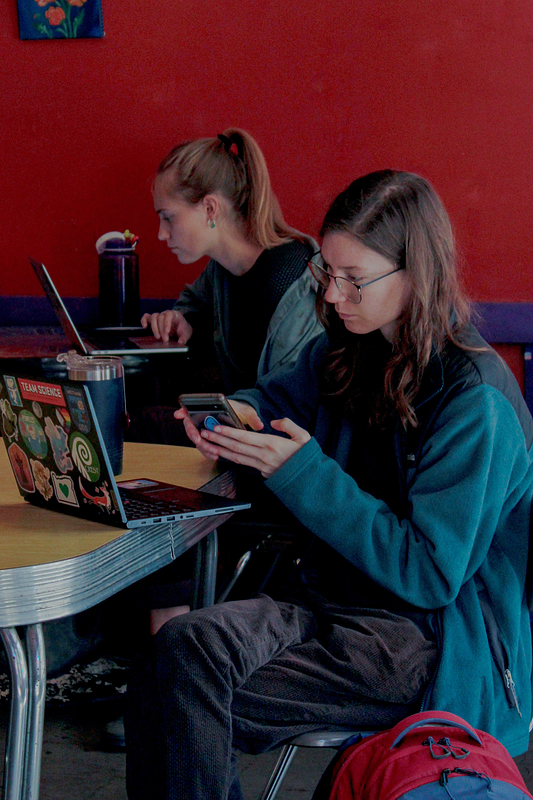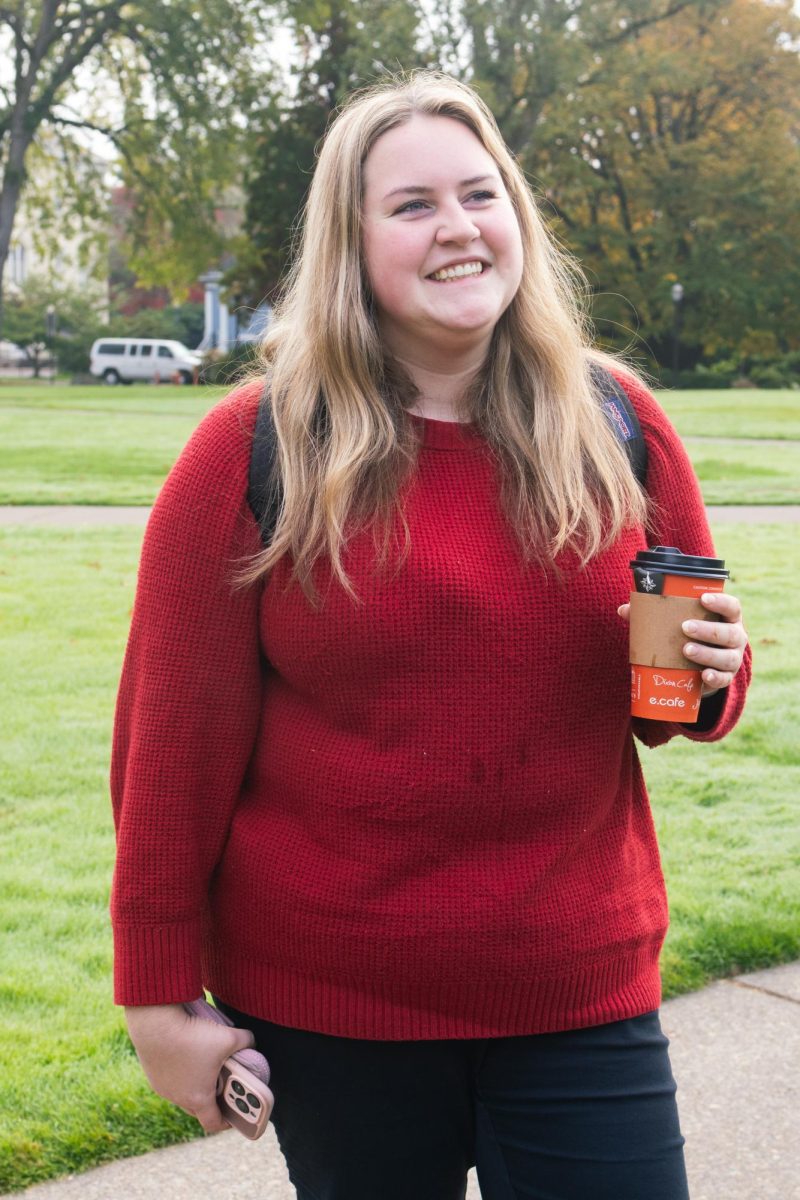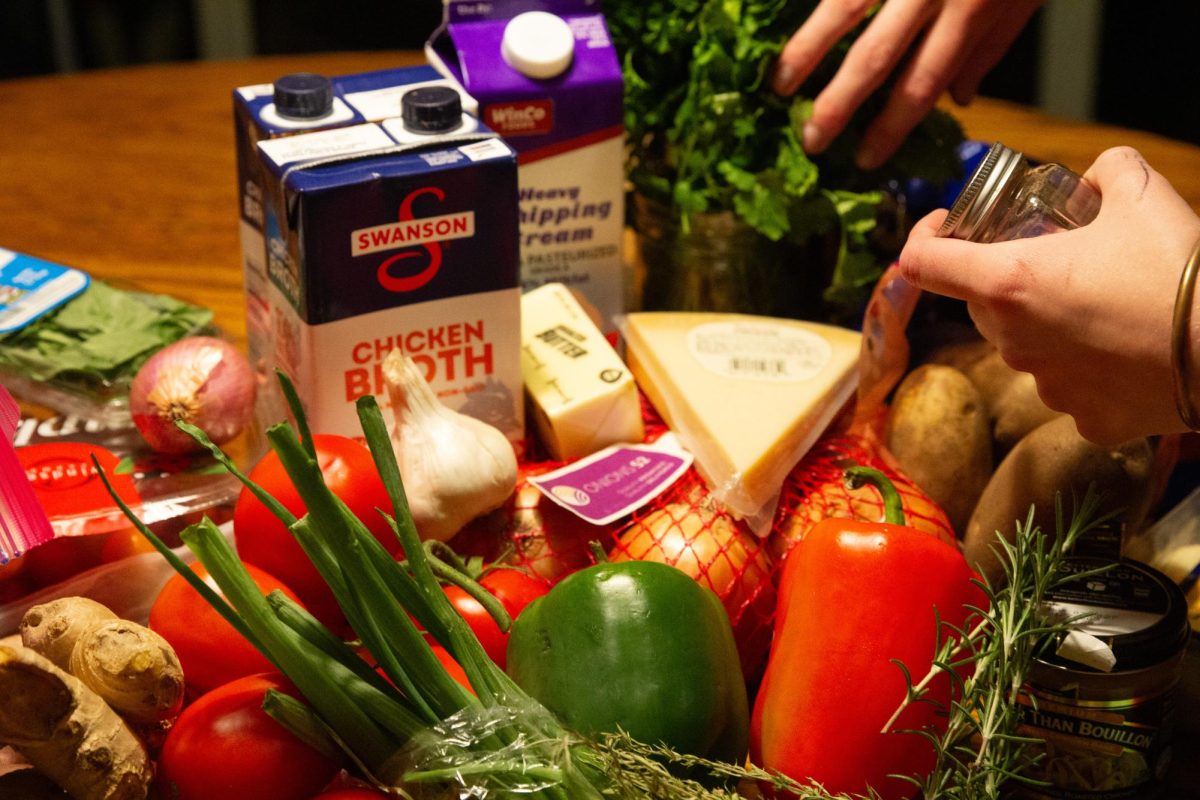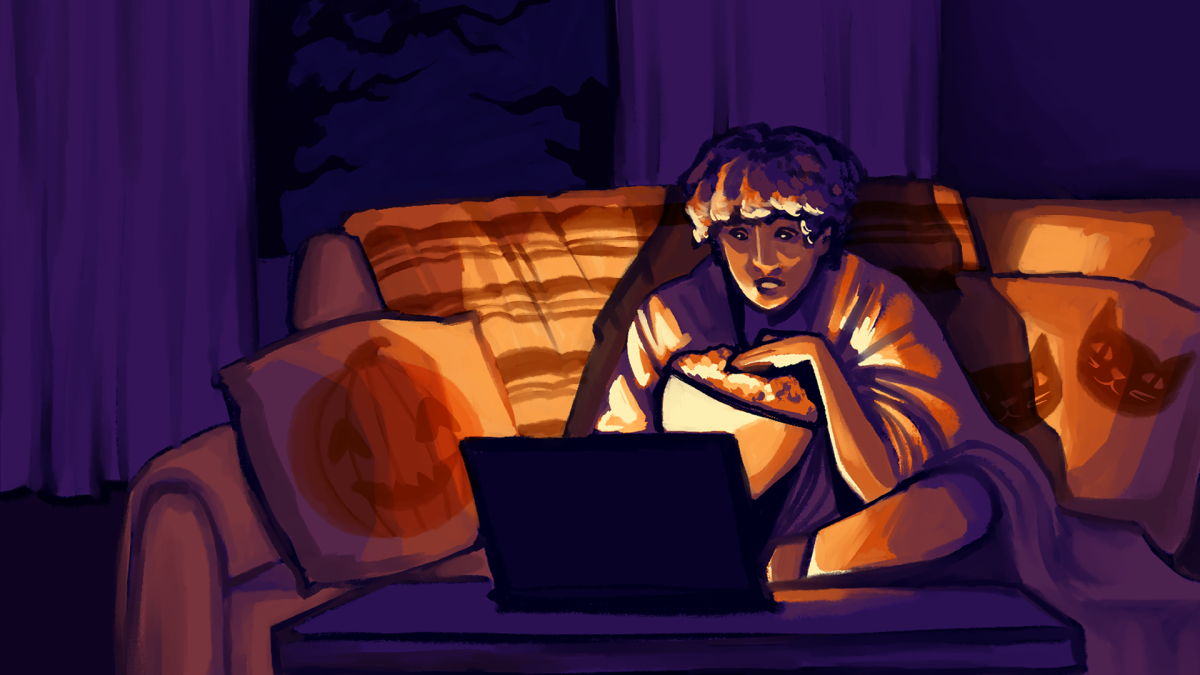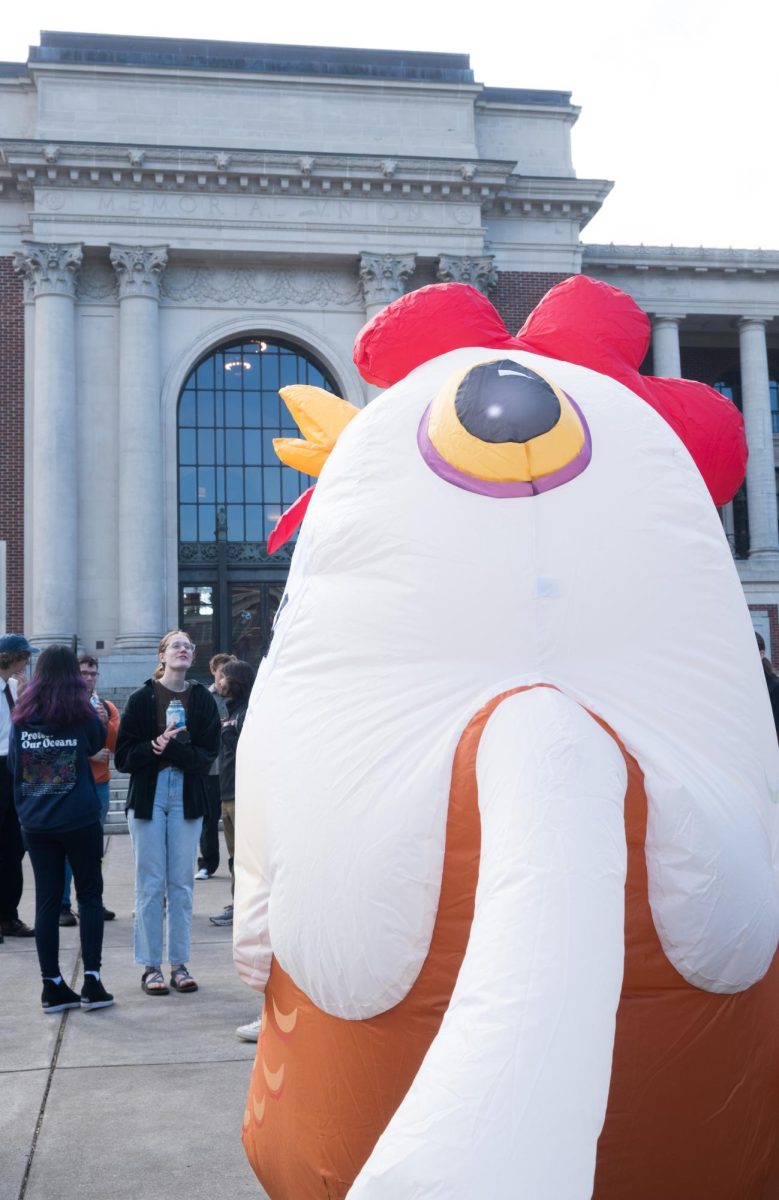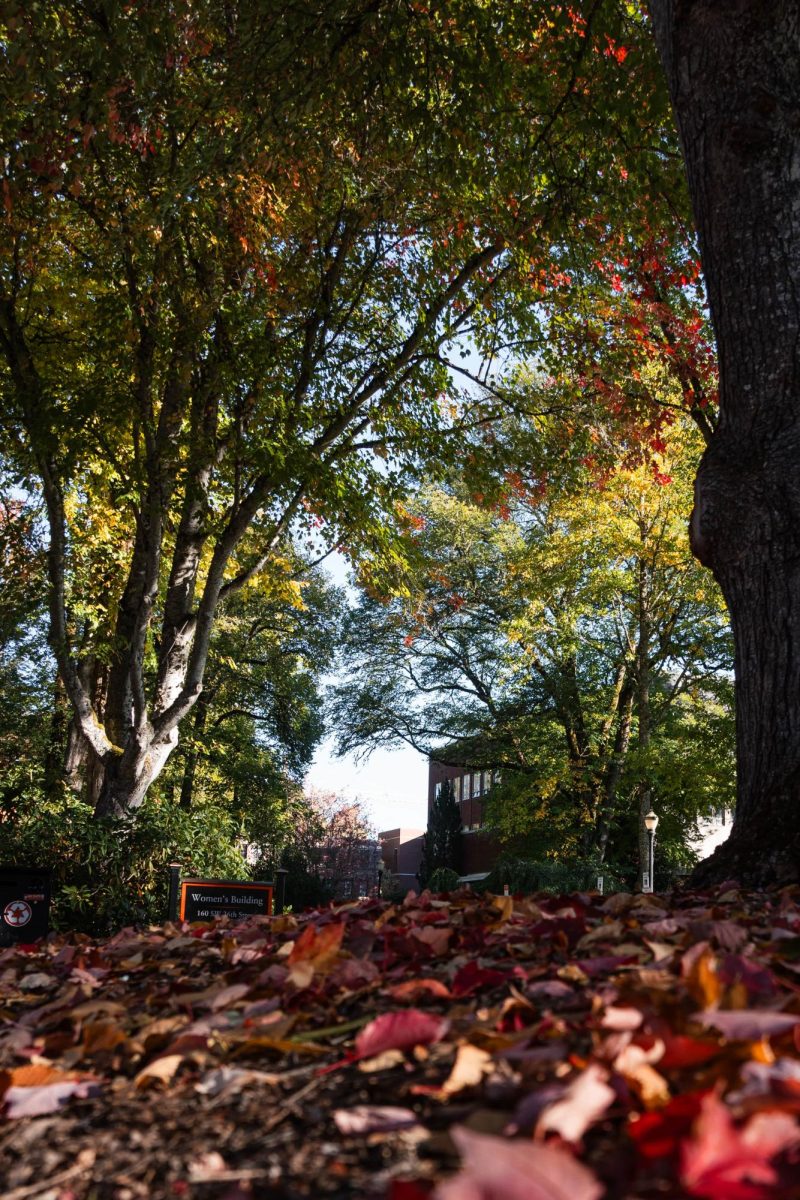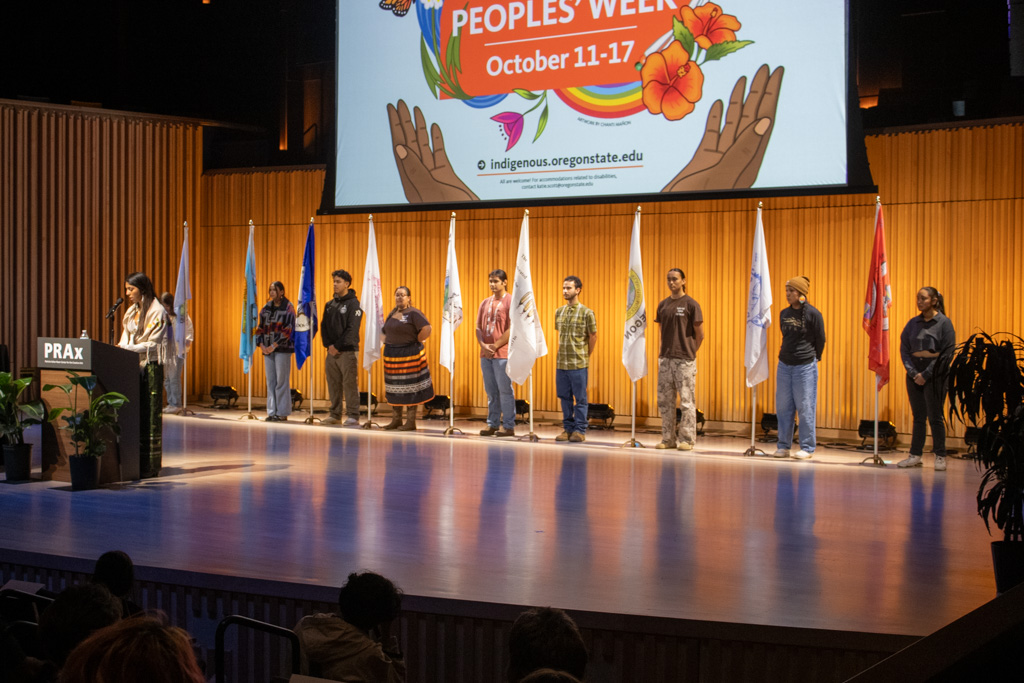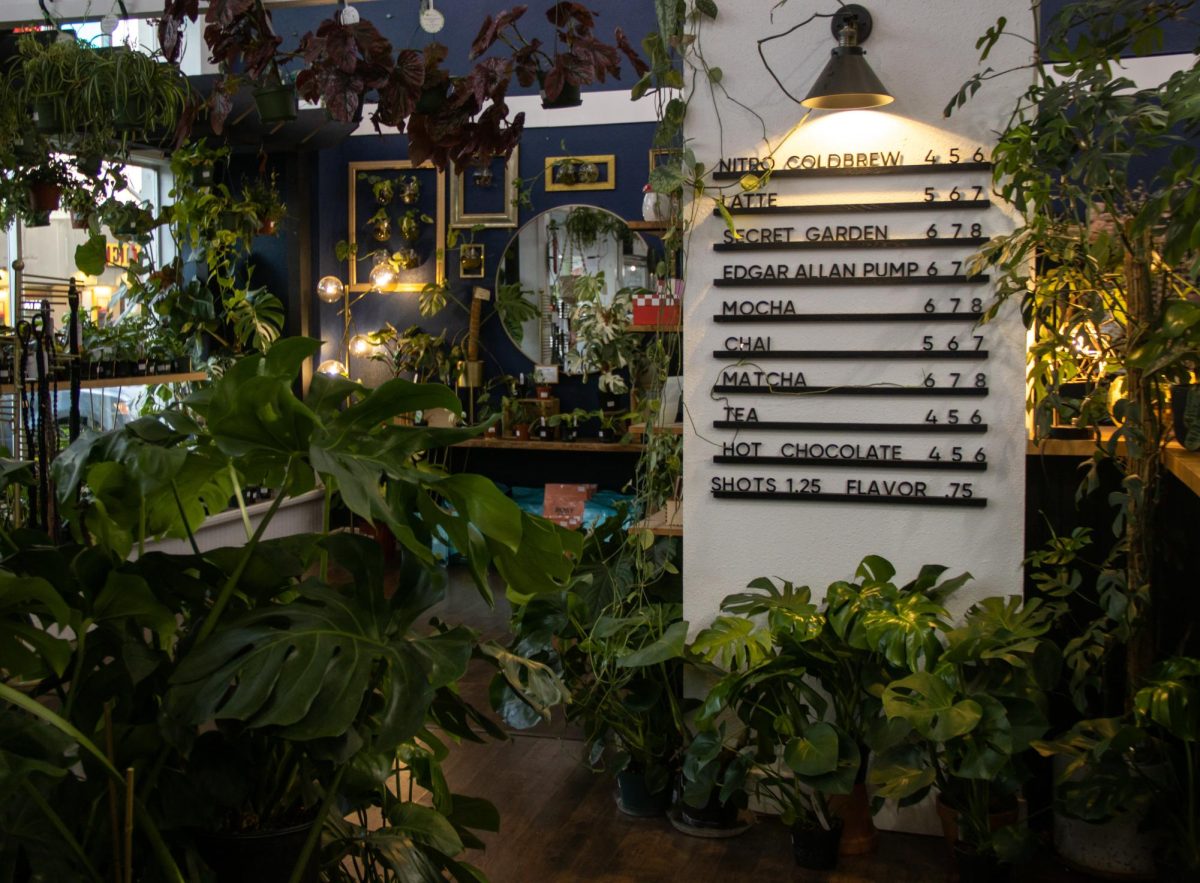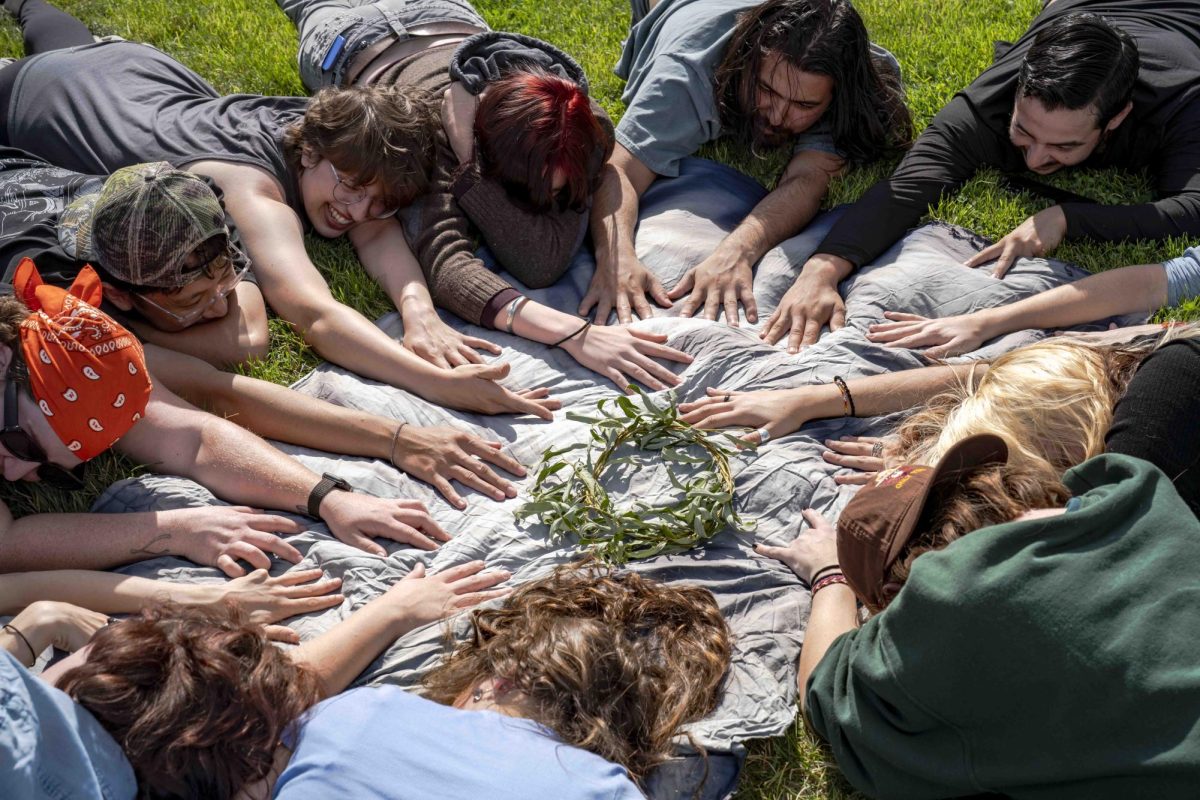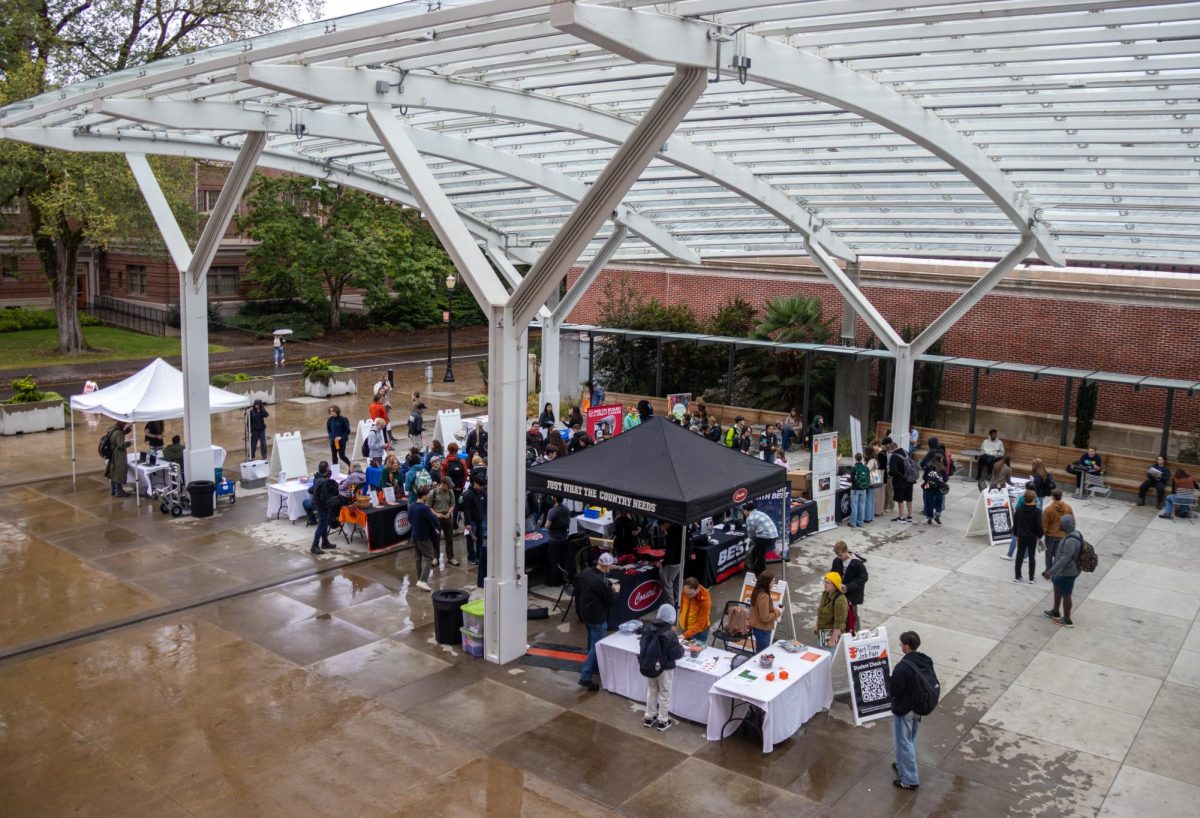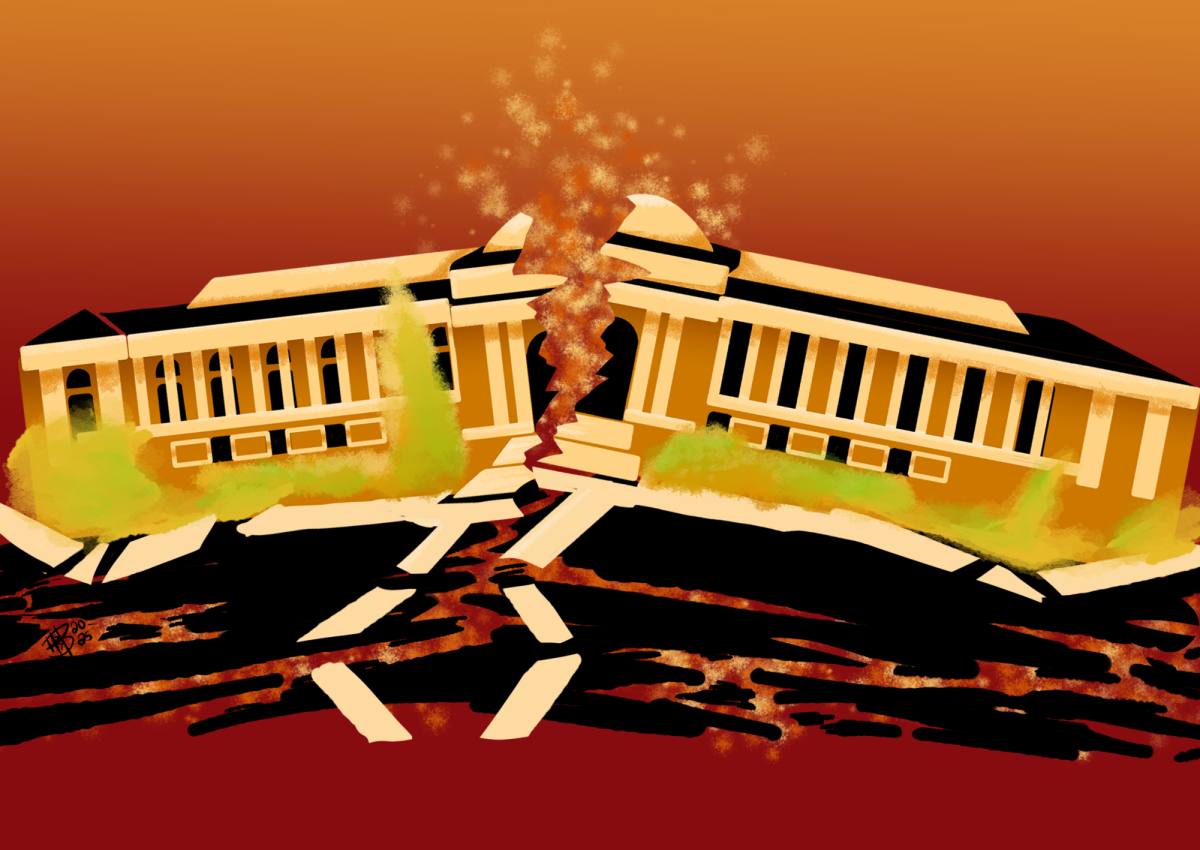Climate issues affect us all.
Land degradation, water scarcity and severe wildfires are only a few of the results of climate change that have become more apparent in the past few decades.
“I was really concerned with the state of the world. As a young person, I felt like society was teetering on collapse,” said Andrew Millison, a professor in the horticulture department at Oregon State University.
But what is a real solution to these issues?
According to Millison, it’s permaculture.
“I realized that permaculture was a pathway to how we can live in a balanced way, where we provide for our own needs and also enhance nature,” Millison said.
Permaculture is working with natural ecosystems to make agriculture and land management self-sufficient.
Millison started studying permaculture in 1996 at Prescott College, a small school located in Arizona.
“I was really lucky actually, because I took a permaculture class and I was like, ‘Oh, this is what I want to do for my whole life,’” Millison said.
However, Arizona wasn’t the place for Millison. Citing climate change effects to be especially prominent in the area he was living in, Millison found Oregon, especially Corvallis, exactly what he was looking for.
Now, Millison has been teaching his passion at OSU for 15 years. However, that’s not the only way he’s been able to educate people about permaculture. He is also doing so through YouTube.
Originally, Millison was posting videos mainly through Ecampus’s YouTube page. One of his video courses through Massive Open Online Courses gained 45,000 viewers located in over 100 countries.
“Ecampus threw them up on their YouTube page, and some of those videos went and got hundreds of thousands of views,” Millison said.
With the success of those videos, Millison decided to start a channel of his own.
Millison now has a highly successful YouTube channel, which now has over 500,000 subscribers. His most-watched video has 15 million views and counting.
Millison started off learning how to film and edit videos through other creator’s channels. He now posts videos, all relating to permaculture, monthly.
His first “viral” videos documented a non-profit organization in Maharashtra, India. The organization is called the Paani Foundation and specializes in drought prevention. Millison filmed this organization during his second trip to India.
“I documented the Paani Foundation and people loved these videos, especially in the permaculture world,” Millison said. “People were contacting me from all over the world.”
Through colleague connections, Millison was able to work with the World Food Programme, which is a United Nations program whose purpose is to assist in bringing food and water to poverty-stricken countries.
“Now I’m producing videos with them, and for me that’s … the pinnacle of what I would hope for out of this,” Millison said.
The World Food Programme has many massive scale permaculture-related projects. Millison now has done several videos highlighting them.
Recently, the World Food Programme invited Millison to document in Niger and Chad, spending a week in each country filming for his four-part series.
“You can’t just go to Niger and Chad, these are restricted places. But they got me in, took me all around, we had to have military escorts in places. I went on helicopters, and massive refugee camps on the border with Sudan. It was far out,” Millison said.
Now, Millison will be going to Saudi Arabia in December to talk about the projects alongside the World Food Programme, explaining the work from a university perspective.
“Hopefully, it has not just an educational impact, but actually can help the World Food Program fundraise for the work they’re doing,” Millison said.
Millison’s four-part series will start to come out on his YouTube channel at the end of November. Hopefully giving a worthwhile cause the attention it deserves.


